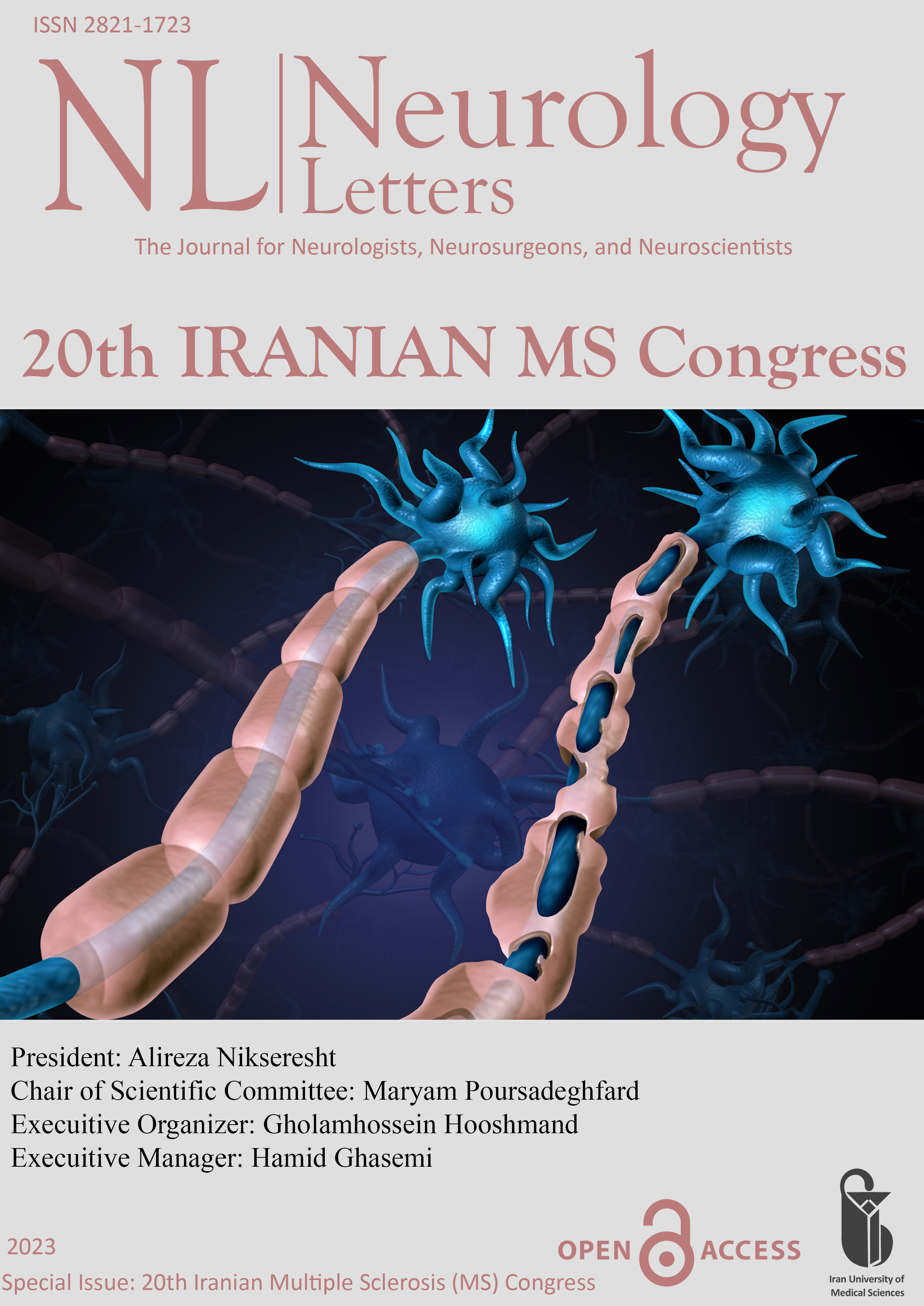MS and Environmental Factors (ORP-61)
Document Type : Oral Presentation
Author
Department of Neurology, Iran University of medical sciences, Tehran, Iran
Abstract
Introduction: Multiple sclerosis (MS) is a potentially disabling acquired demyelinating disease of central nervous system. We do not know for certain what causes multiple sclerosis. Scientists believe that a combination of factors trigger the disease. Studies support the opinion that MS is caused when people with the right combination of genes are exposed to some trigger in the environment.
At present it has shown that environmental factors play a significant role in your susceptibility to MS. For people with the 'right' genetic background – those predisposed to developing MS because of a strong family genetic tendency – certain environmental factors increase the risk of developing MS. it is felt that genes contribute 25% to your overall MS risk, while environment makes up 75%. Your genes are not your fate. The important risk factors include:
Age. (MS can occur at any age, but onset usually occurs around 20 and 40 years of age), sex, family history, fertain infections, race, climate,
Vitamin D (having low levels of vitamin D and low exposure to sunlight is associated with a greater risk of MS), high cow’s milk consumption, high body-mass index during adolescence, smoking (including passive smoking), high saturated fat diet and stress. Not need to say that most of these risk factors are modifiable.
Keywords
 Neurology Letters
Neurology Letters
